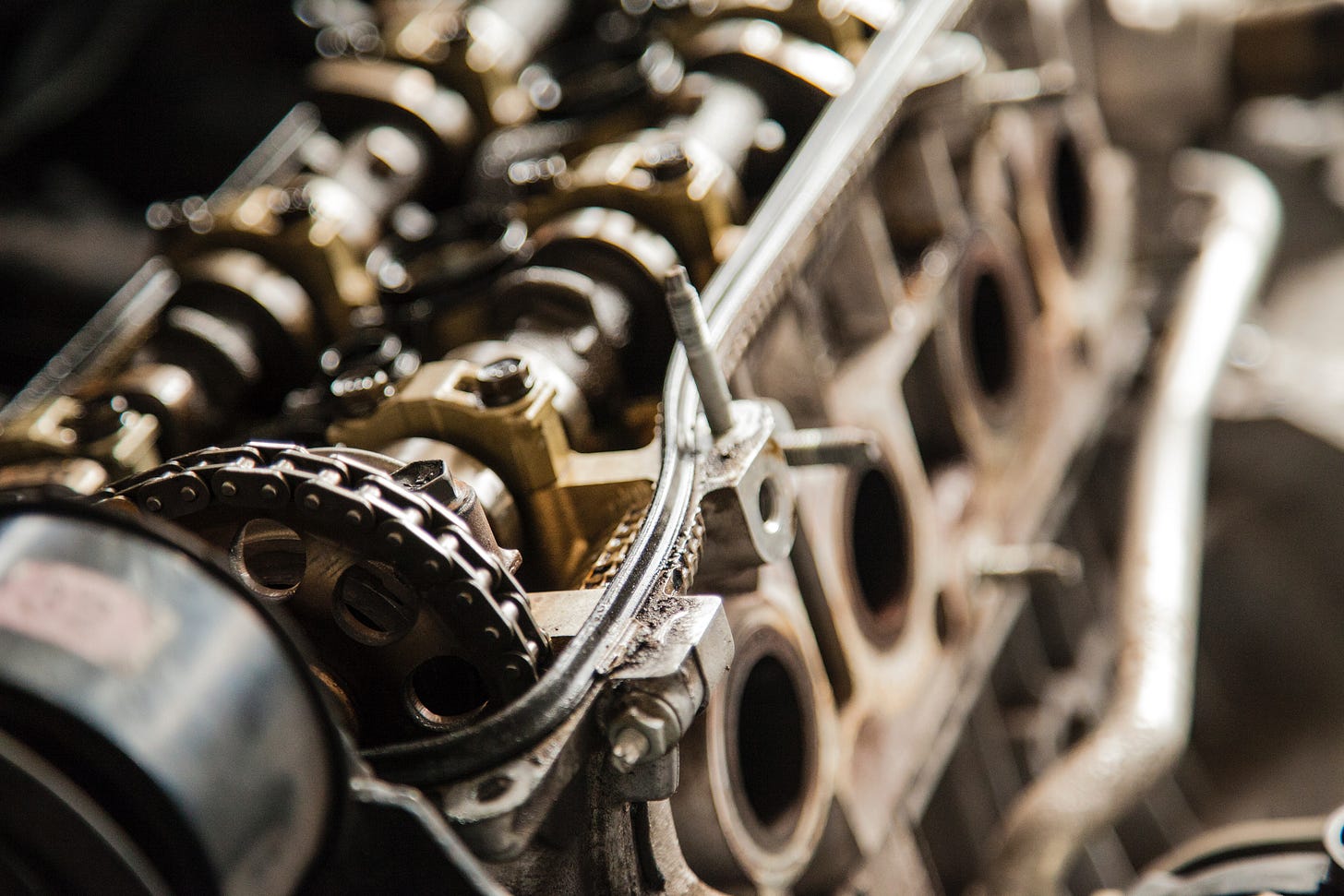
Dear Insider,
Fear is a powerful motivator.
Most companies have learned to fear technology in one way or another - because of the headaches it causes or because it may eventually destroy their business model completely.
Swiss business has long been famous for having harnessed the power of machines, making it one of the top manufacturing nations in Europe and indeed the world. Deloitte puts it plainly:
“The manufacturing industry is the actual engine of the Swiss economy.”
No fear of technology there…
Except that when the new wave of digitalization and automation leaped onto the world scene - most traditional Swiss businesses - the real motors of the finance-heavy Swiss economy - didn’t exactly jumping up and down.
They still aren’t.
They fear change and innovation (or heaven forbid, disruption…) and fully understand that by eliminating the vast machinery of their bureaucratic empires, they will push themselves to the edge.
This is ironic because, in many cases, Swiss businesses are already running like well-oiled machines.
They are extremely efficient by comparison with other European countries, not to mention Africa and parts of Asia. That’s why the high-flying CEOs who front the company operation can count on an army of well-trained, (mostly) highly-motivated individuals to keep the engine humming…so to speak.
Take UBS, for example. As the largest bank in Switzerland, its business operations are understandably complex - but in spite of this, the sprawling giant manages to employ vast staffs of people to keep the ball rolling constantly.
It’s a machine - a beast of a machine of a company.
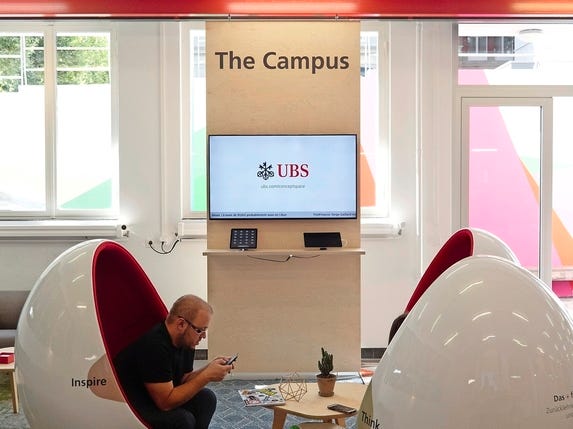
UBS also does tech.
(We will explore the blurred lines between being a bank and being a tech company another time…)
In fact, it does tech so well that now the bank wants sell tech to other companies.
This is also ironic since it creates a situation where an institution is on the one hand actively promoting a tech offering and (presumably) trying to put their own engine under the hood of someone else’s car — while at the same time, trying to protect its own internal machinery from disruption by the outside world.
The dichotomy of this situation is not likely to last long. Especially when people realize how advantages it is to have a machine at their back. Whatever we may say about automation and its effects, there are few who fail to realize how good an engine can make them look when they sit behind the (proverbial) wheel.
In the meantime, the human machine continues to hum, serving the needs and ambitions of those at the top.
Just ask Iqbal Khan and Christian Wiesendanger.
(Find out why below…)

The Numbers Game
In which we serve up some of the more interesting numbers in Swiss business…
16%
The venerable (and ambitious) Swiss private bank Vontobel announced earnings growth of 16% over the last 11 months. Is CEO Zeno Staub really a genius?
7x
The number of jobs at Chinese-controlled enterprises in Switzerland has skyrocketed seven-fold over the period from 2014 to 2018. Investment from outside is good for employment - until it isn’t.
0
The amount by which the Swiss National Bank chose to change its benchmark interest rate in Thursday's announcement. Most savers breathe a sigh of relief - until the next time.
68 000
The total global workforce of UBS. Now that is a machine…
Bring someone inside.
Recommend The Swiss Insider to a colleague or acquaintance.
You decide who comes inside.

The Briefing
In which we digest business news from around Switzerland - bit by bit…
Brigitte’s back to bricks
After a failed attempt to raise a princely sum from investors through an ICO in 2018, Brigitte Luginbühl has turned from fantasy with Swiss Real Coin to the more mundane life of property investment with Property One. Despite CEO Kevin Hinder’s kind words about innovation and expertise, it is questionable whether the Luginbühl’s additon will help Property One’s long-term image. The startup CEO commanded little respect from traditional real estate professionals during her attempted fundraising campaign. (Read it here.)
Nestle’s icy move
The Swiss food giant is going on a diet… More specifically it’s shedding its ice cream business in the US, as it sells out to Froneri for $4 billion. That sizeable chunk of change was apparently enough to entice a purchase of brands that include Häagen-Dazs, Drumstick and others. Is there more to been read into this move than meets the eye? Since it still operates in Canada, Latin America and Asia, probably not… (Dive into the topic here.)
Thanks, but no thanks
Switzerland may be a hotbed for crypto companies and innovation in the digital assets space, but the Swiss National Bank is having none of it. It’s latest commentary on the topic of a possible central bank digital e-franc made its position quite clear: not needed and possibly dangerous. Knowing Switzerland, it might have been believable, except that too many “final decisions” have become “unfinal” in a short span of time. Don’t say it out loud, but the SNB could be very well take a move out of a foreign play book (ahem…Chinese…) - oppose it completely…until you don’t. Simple. (More details right here.)
Sweating the small things
Swiss watchmakers were thrown into a tizzy over the recent ruling from the country’s competition watchdog that bans Swatch Group (the largest producer of Swiss watches) from selling parts to its competitors. As in all complicated supply chain situations, the lack of parts threatens to throw a wrench in next year’s production planning. Lawsuits are already in the making - and the Verband der Schweizer Uhrenindustrie (FH) (Association of Swiss Watch Industry) slammed the decision as being unclear and harmful. One thing is sure - the small things matter…for Swiss-made watches as much or more than any other industry. (Read more here.)
The Point Is…
In which we dive into the depths of a hot topic of the times…
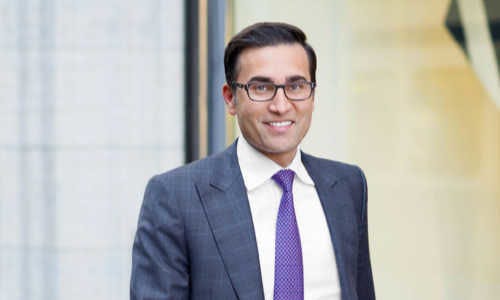
The Man and His Machine
The man in the news these days is Iqbal Khan.
The new head of UBS Wealth Management has been on the job for more than two months now and as his former employer, Credit Suisse, faces more hot water for spying on employees (once, twice…or more?), the rising star’s name lingers on the lips of one and all.
The question now becomes - will he perform? (And by implication, will Switzerland’s largest bank ultimately decide that all the fuss over Khan and his transfer will prove worthwhile?)
What few seem to consider is to what extent the sprawling, labyrinthical machine of UBS's private banking operation will make or break Khan’s chance of success.
The man may be important - but the machine even more so.
The Global Wealth Management division of UBS numbers over 23 000 persons worldwide. That is 190 offices in 40 different countries. A lot of people in a lot of different places.
The sum total is staggering: $2.3 trillion in value.
The age-old adage that banking is a people business may certainly be apt and still widely true - and when it comes to serving the wealthy, nothing beats a face-to-face meeting to make a deal go through. The relationship managers of UBS’s flagship business are generally top of their field and handsomely compensated.
But as well-oiled as the machine may be, there is always room for human error. So a guiding hand (or an iron fist, depending on how you see it…) is generally desired.
That would be Christian Wiesendanger.
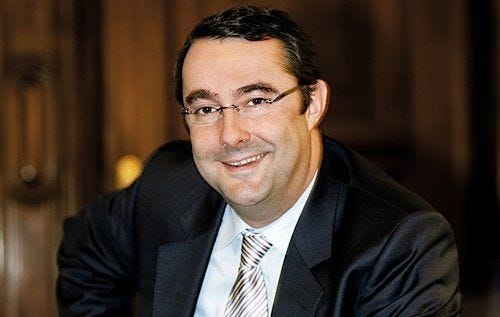
Who is he exactly? According to some sources, he is the master helmsman, the sturdy driver at the wheel or the ultimate non-descript Swiss banker responsible for quietly and ruthlessly powering the machine that Iqbal Khan has now taken over.
Wisendanger is Head of Investment Platforms and Solutions at UBS Wealth Management. His purvey includes everything that UBS offers to its wealthy clients - advisory, products, wealth planning and capital markets.
Everything.
And Wiesendanger knows what he is (or isn’t) talking about. For seven years (2010-2017) he oversaw the Swiss WM operations of UBS.
Now Iqbal Khan’s revitalization campaign and his eventual promotion to CEO of UBS itself may depend on the machine that Wiesendanger holds in his hands.
Is that a good thing?
Of machines and the oil that fuels them
The good thing about running an operation as Wiesendanger does is that it has scale. With a workforce and reach of this size (remember: 23 000 people, 190 offices, 40 countries) there can be no doubt that UBS’s wealth management expertise is truly global.
As we have seen in the ongoing globalization push (not only in financial services, but also in tech, foodstuffs and so on), a worldwide reach is massively important to be able to link resources, connect markets and leverage economies of scale to sell products and services with a minimal cost of replication as is required in the age of free content on the internet and (nearly) free clothes from Bangledesh.

In banking the need for globalization takes a different twist.
Banks and financial institutions are obviously not in the business of offering things cheap or free - especially when the client is sitting on millions. Services come with a price tag and most of those in UBS’s target group know this (although their children may not…but that’s a topic for another time.)
Where global scale really matters for wealth managers is in access to information.
Boots on the ground in multiple countries means first-hand knowledge of customs, governments, business trends, political winds, local feuds, rising startups and any number of factors which may influence a client’s prospects for a reasonable rate of return.
Yes, of course - there is always Bloomberg with its ubiquitous terminals. But the fact is that people pay a premium only for advice and insights which come from some source other than the one which each and every other wealth manager has access to.
For UBS’s mighty wealth machine, first-hand information is what sets them apart. It is the fuel that powers the machine that drives the business that makes the money that feeds growth and keeps the ball rolling forward.
Pulling the plug
The worldwide information machine that allows UBS to keep its well-heeled clients happy and its big bosses on top is not without flaws.
It is - naturally - human resource-intensive. That is not only because 190 offices around the globe require men and women to analyze investment opportunities and keep their ear to the ground for valuable tips on where local markets may be headed.
Information flows in two directions.
The flip side of the equation, especially in a business like wealth management, is that information (wants, needs, whims and so on) also flow from the client to the manager. With an operation as large as that of UBS, it is also invaluable to have face time with clients in order to understand every single nuanced details of their fortunes - and if by chance - to leverage information gathered from them to an advantage somewhere else.
Now Khan has taken over and started to put his imprint on the machine. His first move?
Cutting down.
The super-rich category - the cherry on top of the whipped cream, so to speak - faces cuts of up to 5% with a reorganization in the works, significantly limiting the powers of Josef Stadler (pictured below), who had up until now had ruled the top category of the Khan’s super machine.
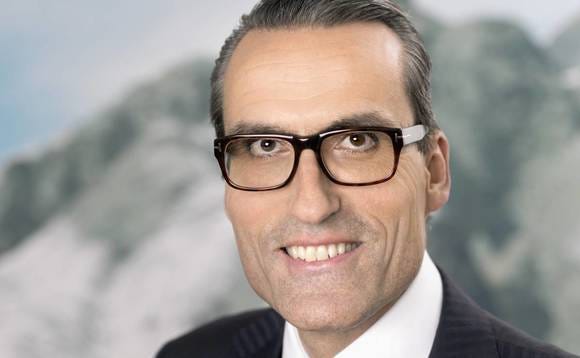
With a cost-income ratio of roughly 77%, it is not hard to see why some action needs to be taken. That number, among others, may justify a reduction in forces, but it leads to the deeper question of whether the machine is really working as well as it could.
In the case of Stadler’s division, the glitch seems to be not only the overspending on personnel, but the clash of personalities as rival sections and countries compete for attention and resources.
This is the weakness of a machine whose pistons rely on strong egos and strong wills - friction arises at the inopportune times, a result of the human factor that is impossible to escape in such cases.
Towards a better machine
Iqbal Khan may yet come forward with a series of inspirational proposals to catalyze UBS’s main motor and solidify his position as Sergio Ermotti's successor. Only time will tell.
In the meantime, his fate will be determined to a large extent by the machine that stands behind him.
In the business of serving the rich, it is unlikely that the human factor will disappear altogether. But how can such colossal operation continue to function with such cost leakage and inefficient in-fighting?
Perhaps more important is the question whether the next generation of super-rich will want the same kind of face-to-face service, hand-holding included as their parents. A more tech-affine group of wealthy will not be content to throw away money to superbank managers who lecture them on what to do with their money. With a whopping 95 billion CHF set to be inherited in Switzerland alone, there is certainly enough money to be managed.
UBS may be content with its machine for the time being, but at the end of the day may regret retreating so soon from its technical offensive and committing all its fortunes to a machine that suffers from all the disadvantages of mankind.
It is, like Iqbal Khan, only human, of course.
Bring someone inside.
Recommend The Swiss Insider to a colleague or acquaintance.
You decide who comes inside.



